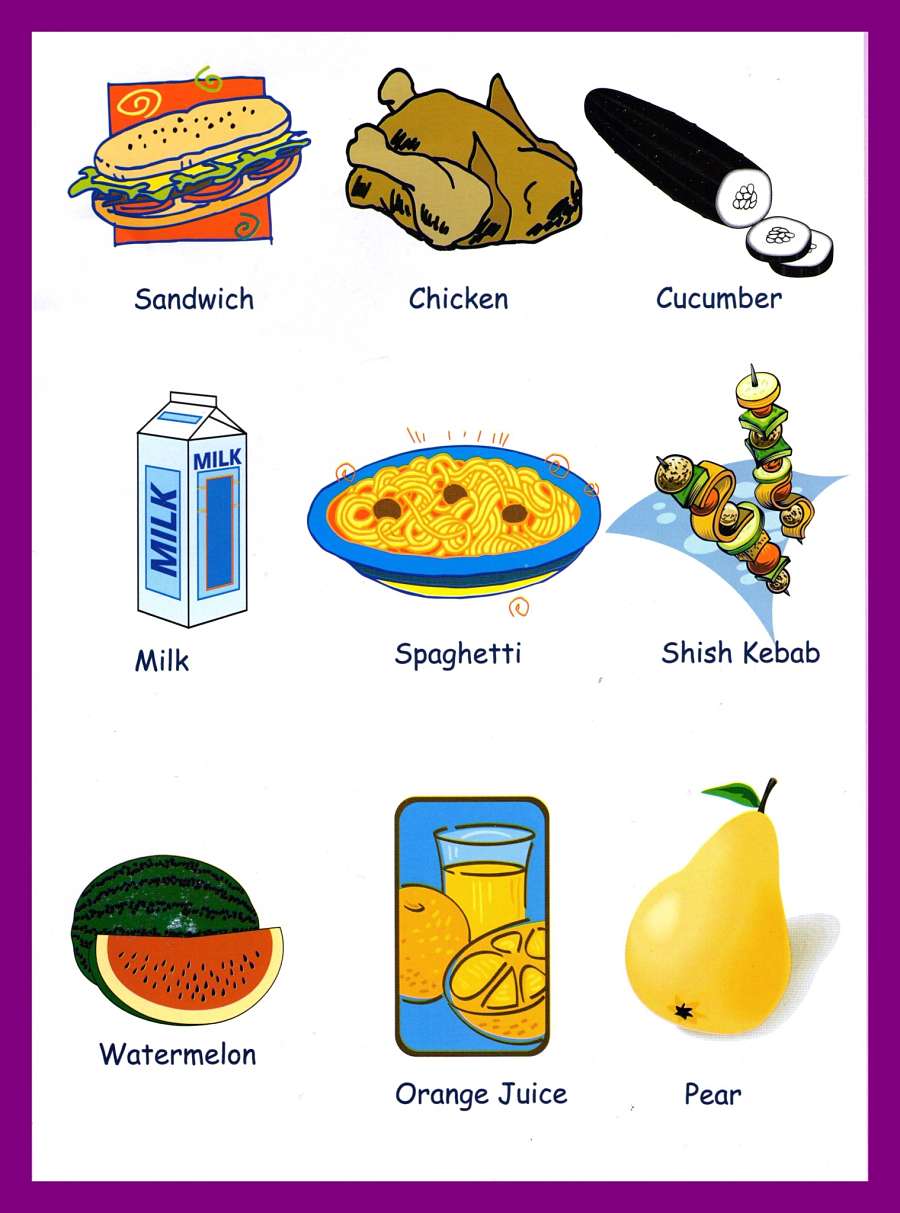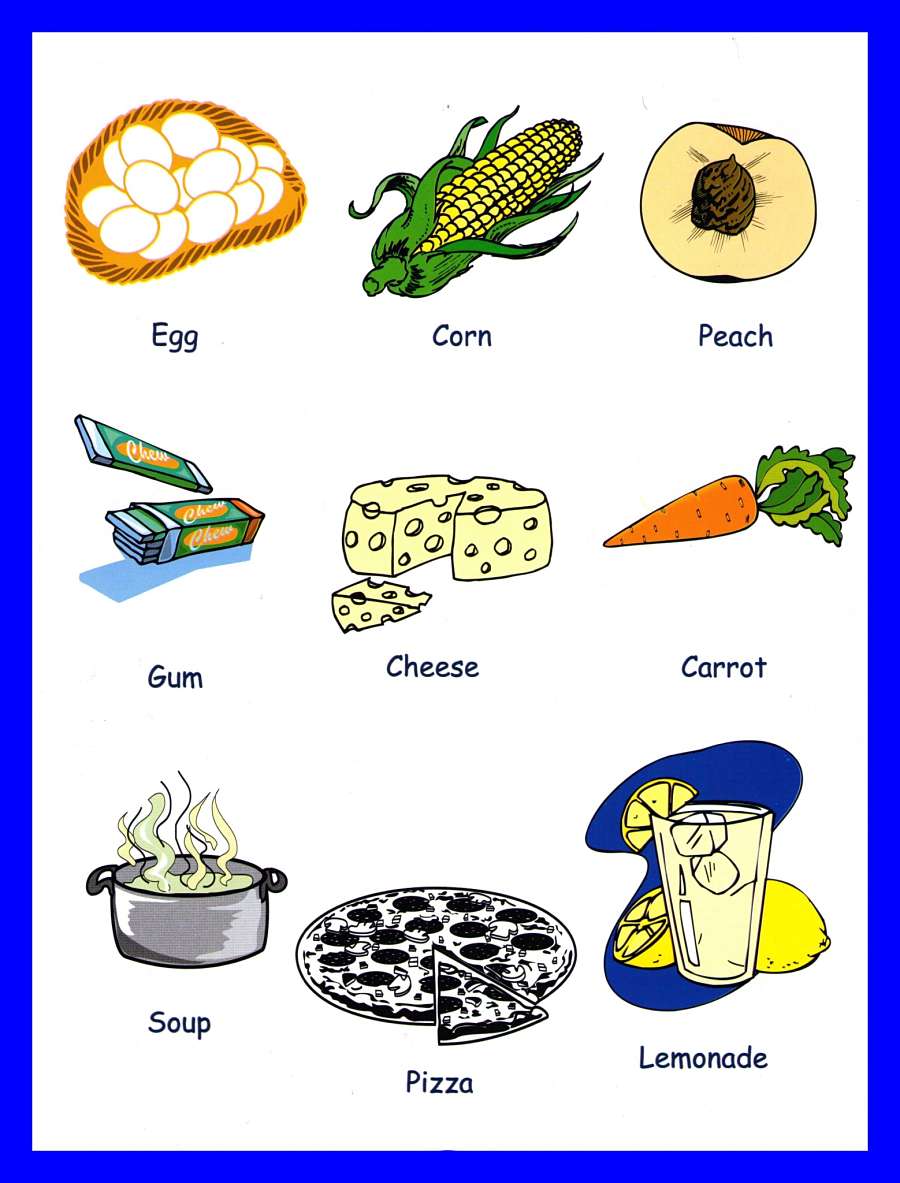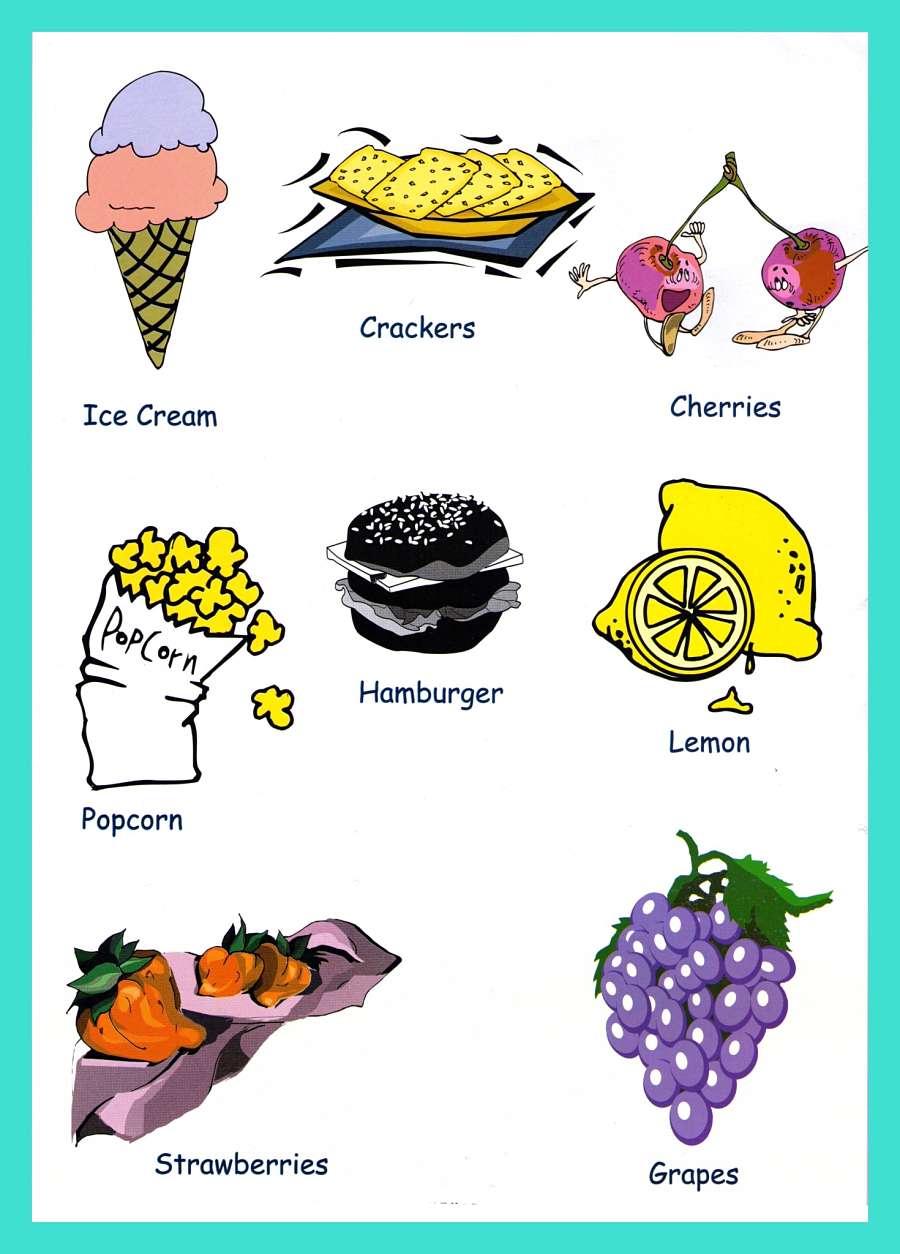Topics
Vocabulary Specific
The Family

Palabras de uso más frecuente, relativas a la familia.
| Español | INGLÉS | Se lee |
|---|---|---|
| Abuela | Grandmother | / grandmada* / |
| Abuelo | Grandfather | / grandfada* / |
| Abuelos | Grandparents | / grandperents / |
| Esposa | Wife | / uáif / |
| Esposo | Husband | / hásband / |
| Hermana | Sister | / sista* / |
| Hermano | Brother | / brade* / |
| Hija | Daughter | / dóta* / |
| Hijo | Son | / san / |
| Hijos | Children | / children / |
| Madre | Mother | / máda* / |
| Mamá | Mom | / mam / |
| Español | INGLÉS | Se lee |
|---|---|---|
| Nieta | Granddaughter | / granddóta* / |
| Nieto | Grandson | / grándson / |
| Nietos | Grandchildren | / grándchíldren / |
| Padre | Father | / fáda* / |
| Padres | Parents | / pérents / |
| Papá | Dad | / dad / |
| Primo | Cousin | / kósin / |
| Prima | Cousin | / kósin / |
| Sobrina | Niece | / níis / |
| Sobrino | Nephew | / néfiu / |
| Tía | Aunt | / ant / |
| Tío | Uncle | / ankl / |
Otras palabras, de uso menos frecuente.
| Español | INGLÉS | Se lee |
|---|---|---|
| Ahijada | Goddaughter | / god doóta* / |
| Ahijado | Godson | / gód son / |
| Cuñada | Sister-in-law | / sista* in ló / |
| Cuñado | Brother-in-law | / brada* in ló / |
| Hijastra | Stepdaughter | / stép dóter / |
| Hijastro | Stepson | / stép son / |
| Hijastros | Stepchildren | / stép chíldren / |
| Huérfano | Orphan | / órfan / |
| Hijo único | Only child | / óunli cháild / |
| Español | INGLÉS | Se lee |
|---|---|---|
| Madrastra | Stepmother | / stepmada* / |
| Madrina | Godmother | / gód mada* / |
| Mascota | Pet | / pet / |
| Nuera | Daughter-in-law | / dóta* in ló / |
| Padrastro | Stepfather | / stepfada* / |
| Padrino | Godfather | / gód fada* / |
| Suegra | Mother-in-law | / mada* in ló / |
| Suegro | Father-in-law | / fade* in ló / |
| Yerno | Son-in-law | / san in ló / |














